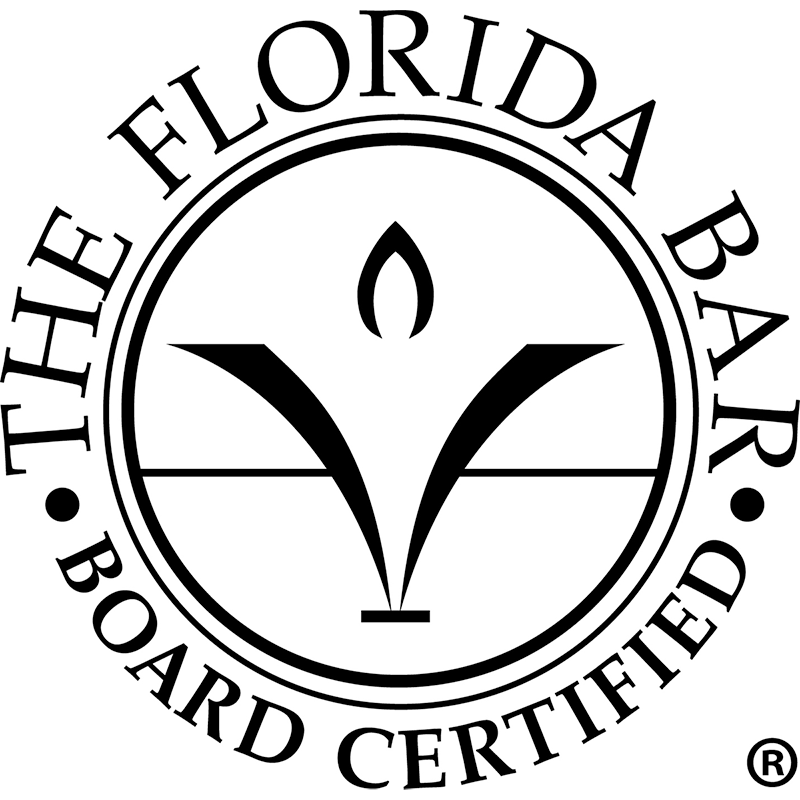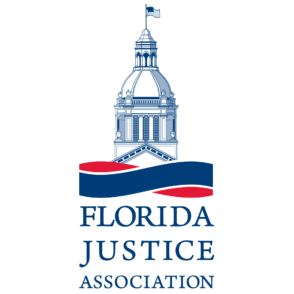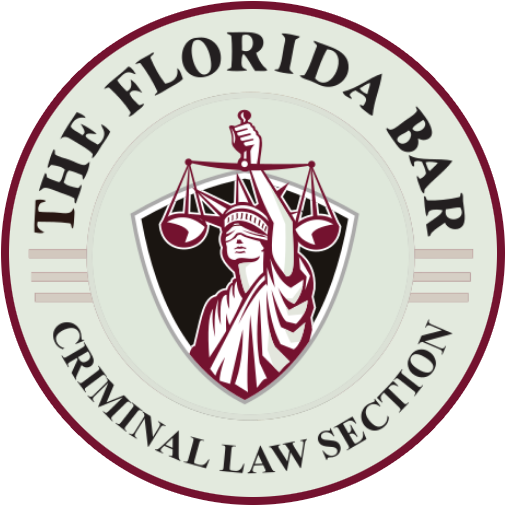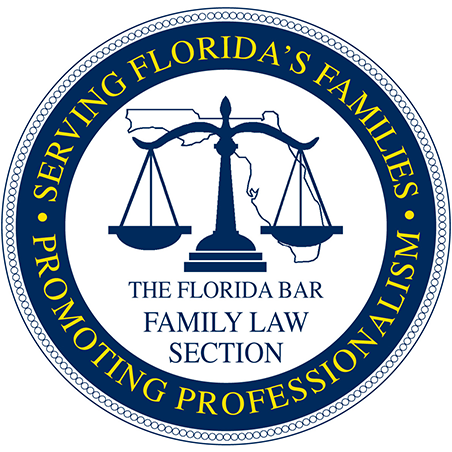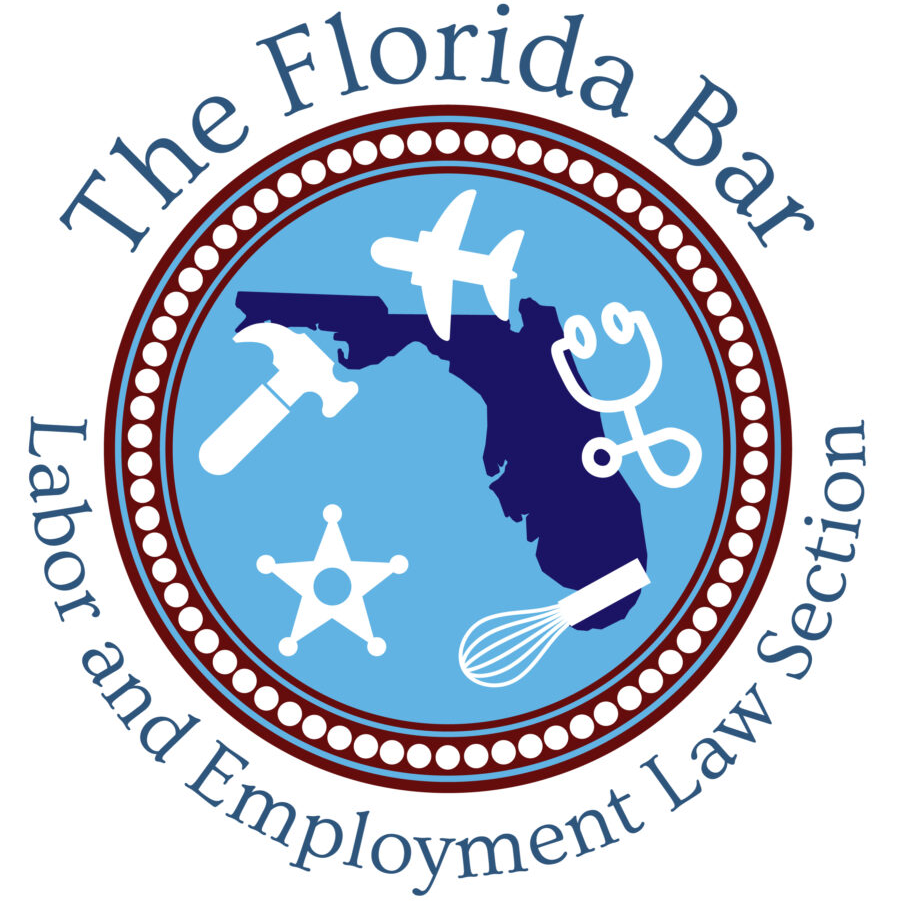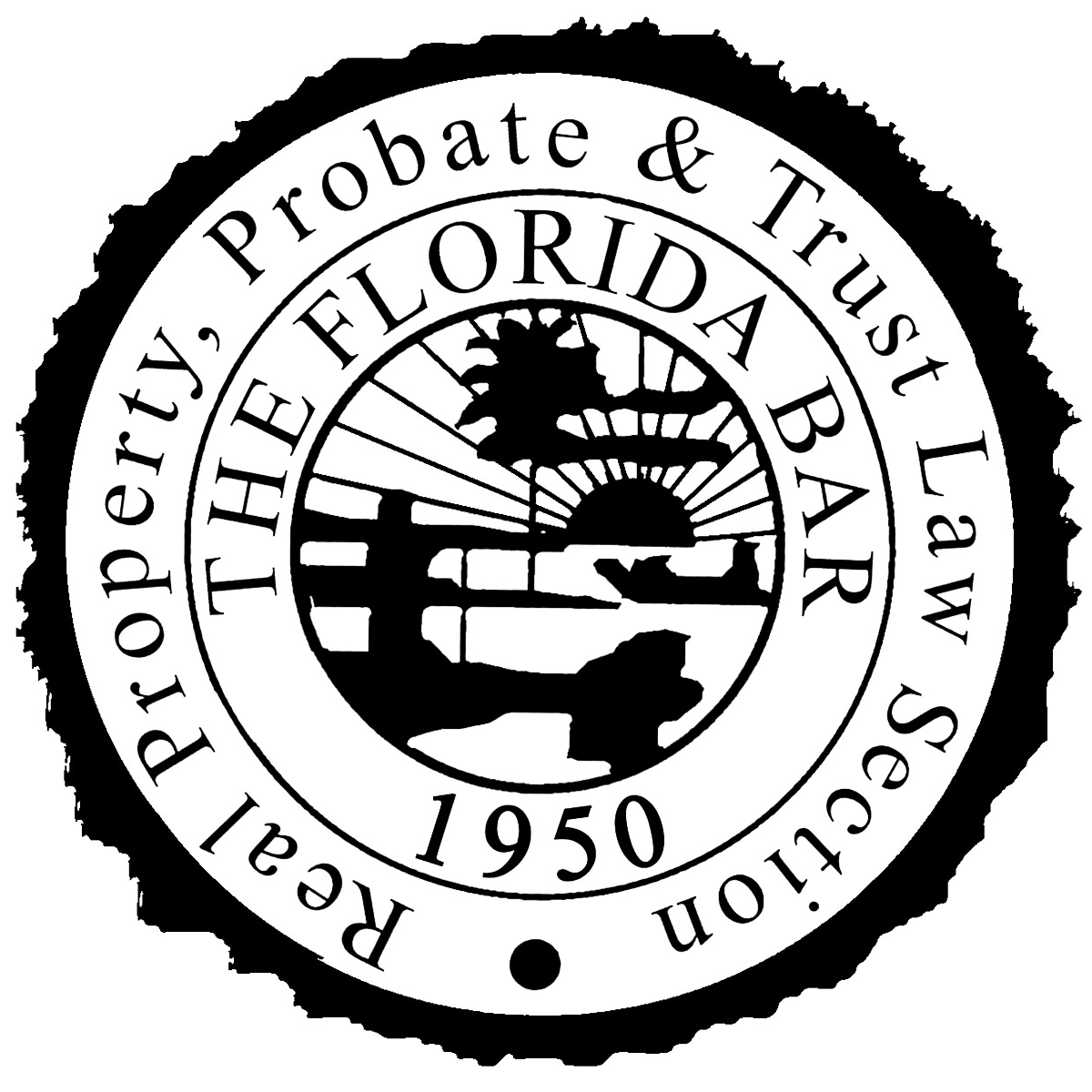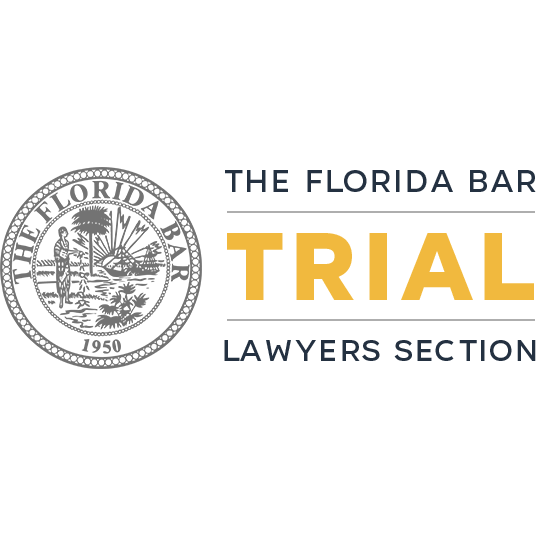The Florida Bar started out as a small group of lawyers in 1889. Today, the Florida Bar has grown into a mandatory bar association of more than 107,000 attorneys licensed to practice law in the Sunshine State.
As a statewide professional organization of lawyers in Florida, The Florida Bar serves as an advocate and intermediary for attorneys, the court, and the public. Lawyers who are licensed by the Supreme Court of Florida to practice law in the state must be a member of The Florida Bar.
The core functions for the Florida Bar include:
The Florida Bar is also responsible for:
From the website of the Florida Bar, you can find an attorney. Search by name or by using any of the advanced search features including:
The Florida Bar directory also allows you to search by bar number, although an exact match to the number is required. The public can also look for an attorney in using the Florida Bar's newly enhanced Lawyer Referral Service site.
The Florida Bar Lawyer Referral Service is maintained as a public service by The Florida Bar. Each year, more than 130,000 cases are referred to Florida attorneys through the service. The easiest way to use the LRS is by visiting the website and using the online form found here: https://www.floridabar.org/public/lrs/
The public can also call the Lawyer Referral Service at 850-561-5844.
When you call the Lawyer Referral Service and pay a $25 fee, you will be referred to a qualified attorney. You can then contact the attorney for a half-hour office consultation for a fee of no more than $25.00.
The service does not receive any portion of the $25 fee. Any service beyond the initial consultation and the fees for that service will be negotiated between the client and attorney for their regular fee.
The Florida Bar encourages attorneys in Florida to take on leadership roles in the various sections and divisions. The Florida Bar Sections and Divisions include:
Florida is home to the second-largest attorney specialization program in the country. More than 4,800 attorneys in Florida have been designated by the Florida Bar Board of Legal Specialization as board-certified specialists in 26 different specialty areas of the law.
Established in 1982 by the Florida Supreme Court, board certification helps consumers identify specialists in various areas of law. Board certification recognizes the attorney's special knowledge, skills, and proficiency in various areas of law and professionalism and ethics in practice.
The Florida Bar Board of Legal Specialization and Education is located at 651 E. Jefferson Street, Tallahassee, Florida 32399-2300. The office phone number is 850-561-5600.
The Board of Legal Specialization and Education oversees the award of board certification. Board certification programs seek to "improve the practice of law and the delivery of legal services to the public through the enhancement of technical skills and substantial competence, united under the highest standards of professionalism and civility."
For purposes of becoming board certified in Florida, the specialty practice areas include:
According to Rule 6-1.2, the Florida Bar may publish a public notice in any media, in substantially the following form:
Notice for the General Information of the Public
Lawyers indicating "Board Certified," or "Board Certified Specialist," or "Board Certified Expert" have been certified by the Florida Bar as having special knowledge, skills, and proficiency in their area of practice and have been evaluated by The Florida Bar as to their character, ethics, and reputation for professionalism in the practice of law.
All persons are urged to make their own independent investigation and evaluation of any lawyer being considered.
In 2019, the Florida Bar received some 8,000 complaints about lawyers. Only a small fraction of those complaints, 325, resulted in disciplinary action.
The Florida Bar is the investigative and prosecutorial authority in the lawyer regulatory process under the authority of the Supreme Court of Florida. The Florida Bar’s Lawyer Regulation Department handles complaints against attorneys for any violation of the rules of professional conduct. The most common complaints against attorneys include:
During the first stage of the process, the complaint is received and the preliminary investigation begins. If the intake counsel determines that the allegations do not warrant discipline, then the case is closed without further action against the attorney.
On the other hand, if the intake counsel determines that the facts alleged constitute a violation that warrants discipline, then the intake counsel will open a file, notify the accused attorney, and request a response within fifteen (15) days. Each year, more than 7,500 cases go through the first stage of the process.
In the second stage of the process, the case is assigned to Bar counsel who conducts a factual analysis of the case. The Bar counsel can either close the case without any disciplinary action or recommend diversion for minor transgressions.
If the Bar counsel finds sufficient grounds to go forward with prosecution, the complaint is forwarded to a grievance committee in the accused lawyer’s judicial circuit for additional investigation.
In the third stage of the process, The Florida Bar becomes the complainant/prosecutor in the case. The grievance committees conduct an investigation to determine whether there is probable cause that a disciplinary violation occurred.
If so, the grievance committee can recommend mediation or arbitration of a fee dispute, issue a finding of minor misconduct such as an admonishment, or send the case to trial with a finding of probable cause.
During the fourth stage of the process, the Bar counsel drafts a formal complaint and files it with the Florida Supreme Court. The Supreme Court appoints a circuit or county judge in the respondent’s circuit to serve as the referee for the case.
The referee conducts a trial of the case, hears witnesses, and receives other evidence before issuing a report with factual and legal findings as well as a recommendation of guilt or innocence. The report of the referee is filed with the Supreme Court and reviewed by the Board of Governors.
The fifth state involves the Board of Governors and the respondent each having 60 days to appeal a referee’s decision. The Board of Governors can overturn a decision to close a disciplinary file, enter a finding of probable cause, or review grievance committee actions. If probable cause is found, the case proceeds to trial or the parties might enter into a proposed consent order to resolve the discipline, including disbarments.
The final stage of the process involves a review by the Florida Supreme Court. The Supreme Court makes the final decision on guilt or innocence and the sanction imposed. Questions about the process should be directed to the Florida Bar’s Attorney Consumer Assistance Program (ACAP) toll-free hotline at 1-866-352-0707.
Lawyer Legion maintains a national directory of lawyers in Florida which includes some members of The Florida Bar but not all. Florida attorneys practicing criminal law and/or civil law in Florida state courts and/or federal courts can create a profile on Lawyer Legion to advertise their services to the public and showcase their professional involvement. Lawyer Legion recognizes Florida lawyers who are board-certified by The Florida Bar Board of Legal Specialization alongside other state and national specialty certification programs.AAJ members and non-members. To help the public find the best choices when they search for a lawyer, Lawyer Legion recognizes attorneys for their involvement and leadership within The Florida Bar and other professional associations.
Use this directory to find a Florida attorney in your local area. Start by choosing your state from the list below.
